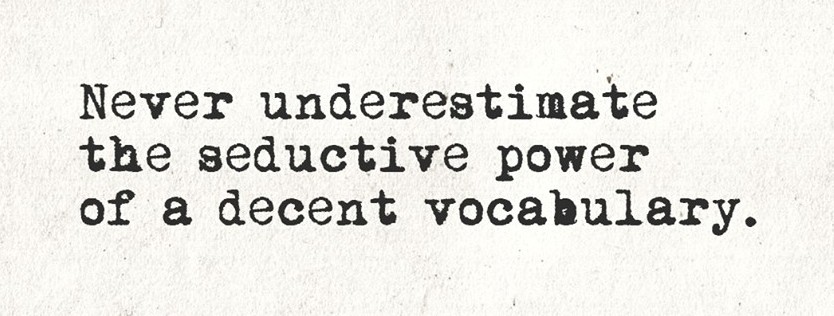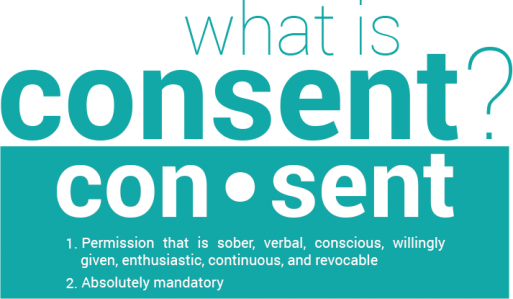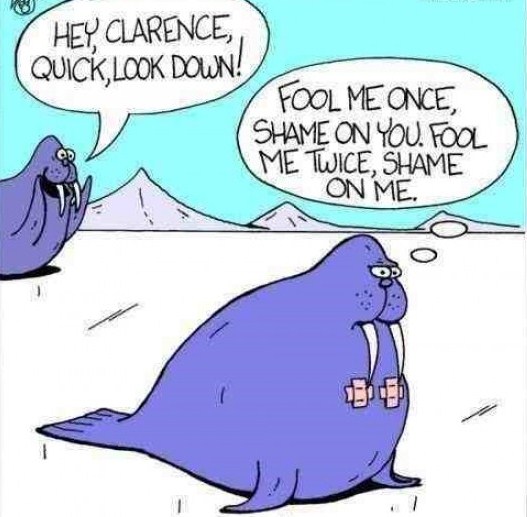What’s in a word?
Transitions, Being in Transit and not an Accidental Tourist!
Are you “in transit” or accidentally transitioning?
The word transition – means to be in a state of upheaval, transformation, conversion or undergoing change – like melting ice.
Active or passive.
Conscious or not.
If I say I am a woman in transition – implying I’m undergoing change is it an upheaval and conscious decision to change?
Is it (always) active?
Am I bound to transition in the process?
What if I don’t make any decisions to change any one thing?
Will transitions pay me surprise visits?
Will I (unnecessarily) revisit certain unchanging situations?
And, what if I don’t want or wish for change?
Deciding not to make decisions and to cling to my comfort cushion is also an act of conscious decision making. Believing otherwise is delusional and reality usually comes with a loud knock followed by a measure of shock.
Transitions regularly come to our door dressed up in finery and forms like birth, age-related hormonal changes, disconcerting dis-eases, divorces, death and/or workplace headcount reductions. Those are the real sneaks and they can make or break you!
Mild transitions can inspire and excite us while turning our disconnected lives into a unified whole. Healthy transitions can keep us moving from idea to idea and help us grow – no matter how painful we think the “growing pains” are.
The more stormy turbulent ones are the surprise-surprise, unpleasant, heart-breaking and crisis-like shifts that catapult us into complex and tricky situations causing more triggers and ripple effects along with mental and physical stuck states.
Boom!
“I Want” and “I Will” – The Power Of (The Right) Words
I Want and I Will – The Power Of (The Right) Words
Would you like a change or experience something different?
Here’s how in 2 steps and 2 phrases!
Step 1: start your sentence with “I want….(whatever it is)“ – it opens up possibilities, ideas and speaks of desires and aspirations.
Step 2: reformulate your “I want…” sentence into an “I will…” sentence – it commits to the actions and steps to get what you want.
Now go for it. Repeat Steps 1 & 2 often to keep you focused and on track.
Do you need help with your business English skills? Personal leadership skills? Professional development skills? Contact me.
The “Con” in Consent and Other Agreements!
The “Con” in Consent and Other Agreements!
“con” as found in consent – is also known as to deceive, bamboozle (love that), swindle, cheat, fool, mislead, sweet-talk, trick, double-cross and rip-off. It dates back to the 1500’s which was frequently used in establishing the “pros and cons” of something which, going back to its roots, means that “con” is against, in opposition to and opposed to.
“con-sent” comes from the Latin “comsentire” – “com” = with and “sentire” = to feel in other words to feel together, agree or give permission.
The weakness in “con-sent” is that the content of the “con” can be stronger than, or even work against, the feeling of together-ness and mutual agreement. “Con” can be you giving someone, albeit unwittingly (unintentionally), the permission to “con” you. Or someone can allow you to do something but work against you and hold you in contempt (mock, scorn or be disrespectful).
And then, more often than not, the agreement becomes a “dis”. Con-sent ends in dis-agreement, dis-con-tent, dis-approval, dis-sent, dis-pute, an eventual dis-allowance filled with regret and dis-appointment that leads to dis-integration of all that was meant and intended well. Ouch!
Think about this when negotiating or trying to reach consensus with individuals and also with close friends or family members. A lot of agree-ing might be happening only because the need to be liked or accepted is greater than the possible dis-satisfaction later.
Consider the amount of “con” you communicate and con-tribute in your interactions and activities. If there is more dis-appointment and dis-sent than you care to deal with, you can change the way you say “yes” to things.
Want to know more? Contact me here. Remember: words have power and the right words empower!
Regards,
What’s In A Word?

What’s That You’re Saying?
A lexical approach to discovering more about ourselves, our values, life, cultures and creating a better world through the words we choose to use.
Have you ever really, I mean really thought about the words you use? The ones you sow like weed seeds without thinking? Or. The power behind the words you use? Words that belittle, demean, remove dignity and if used “en masse” cause world fear – even war?
And, do you take the time to think about the words you choose to use? The ones you hand pick with care when you’re at your confident best and sure about what it is you want to communicate? The words that uplift, encourage, speak of love and peace.
You haven’t really had the time to pay it much attention have you?






Recent Comments